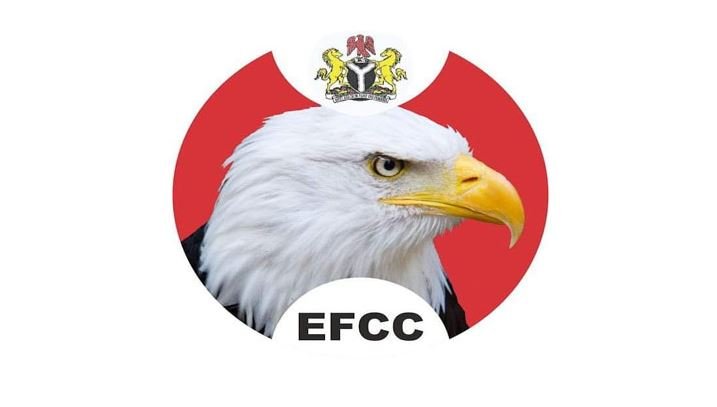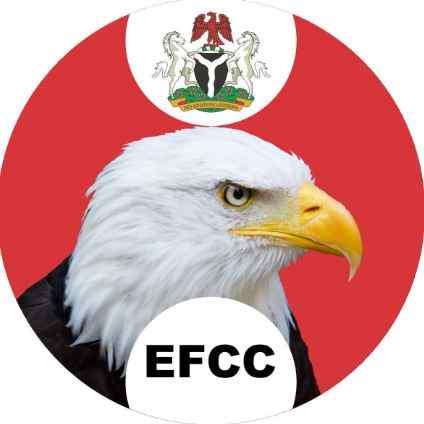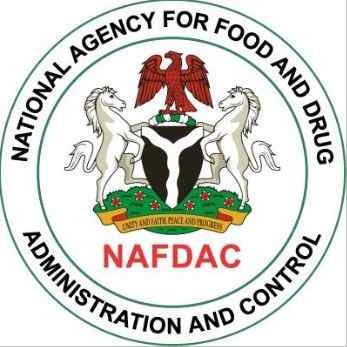
Complete List Of EFCC Chairmen
The Economic and Financial Crimes Commission (EFCC) is Nigeria’s anti-corruption agency. Established in 2003, it investigates and prosecutes financial crimes like advance fee fraud (419 fraud), money laundering, and corruption.
The EFCC has made progress in fighting financial crimes in Nigeria, leading to the arrest and prosecution of many high-profile individuals. However, it has also faced criticism for its methods and perceived lack of independence.
READ ALSO: When Was EFCC Established And Who Established EFCC?
Complete List Of EFCC Chairmen To Date
No | Name | Term Start | Term End | Notes |
|---|---|---|---|---|
1 | Mallam Nuhu Ribadu | 2003 | 2007 | First Chairman |
2 | Mrs. Farida Waziri | 2008 | 2011 | First Female Chair |
3 | Ibrahim Lamorde | 2012 | 2015 | Focused on corruption |
4 | Abdul Rasheed Bawa | 2021 | 2023 | Youth-oriented initiatives |
5 | Olanipekun Olukoyede | 2023 | Present | Current Chairman |
READ ALSO: List Of Departments In EFCC
Who Was The First Female Chairman Of EFCC?

Farida Waziri was the first female chairman of Nigeria’s Economic and Financial Crimes Commission (EFCC). Appointed in May 2008, she made history by stepping into one of the country’s most powerful roles in fighting corruption.
Before she took over, Nuhu Ribadu held the position, and her time as chairman came with challenges and controversies. Born on July 7, 1949, in Gboko, Benue State, she earned her law degree from the University of Lagos and later obtained a master’s degree in Law from Lagos State University.
Adding to that, she pursued strategic studies at the University of Ibadan. Before her time at the EFCC, Waziri built a solid career in the Nigeria Police Force. She joined in 1965 and climbed the ranks to become an Assistant Inspector General of Police.
Her experience in anti-fraud and corruption cases helped her stand out. She even led Nigeria’s special fraud unit and secured the country’s first conviction in an advance fee fraud case.
As EFCC chairman, shortly after taking office, she faced criticism and controversy, partly because of the ongoing corruption cases against former state governors and officials. Some believed her appointment was politically motivated.
Nevertheless, Waziri focused on reforming the EFCC and pursuing cases, including arresting high-profile figures like Bode George, who was later sentenced to prison.
There were reports of power struggles within the EFCC, including issues with the Director of Operations. Additionally, Waziri clashed with Nigeria’s Attorney General, which likely led to her eventual dismissal by President Goodluck Jonathan in November 2011.
READ ALSO: List Of Local Government Areas In Yobe State, And Their Chairmen
Who Was The First EFCC Chairman?

Nuhu Ribadu was the first chairman of the Economic and Financial Crimes Commission (EFCC), serving from 2003 to 2007. The EFCC was set up by then-President Olusegun Obasanjo, and Ribadu was chosen to lead it.
His main task was to tackle corruption in Nigeria, which was a big problem at the time. After studying law at Ahmadu Bello University, he joined the police in 1986.
Ribadu worked hard to bring corrupt politicians, government officials, and businesspeople to justice during his time In the office. Under his leadership, the EFCC investigated many high-profile cases.
Some of the biggest included the prosecution of Tafa Balogun, the former Inspector General of Police, who was found guilty of corruption. Ribadu also went after governors, ministers, and even members of the Senate.
However, Ribadu’s time as EFCC chairman wasn’t without controversy. He faced threats and survived two assassination attempts. He was even offered bribes to stop some of his investigations, including a $15 million bribe from a state governor.
Instead of taking the money, Ribadu used it as evidence in court. This helped build his reputation as a tough, no-nonsense leader who couldn’t be bought. In 2007, just before the end of Obasanjo’s presidency, Ribadu was promoted to Assistant Inspector General of Police.
However, his promotion and role as EFCC chairman were cut short in 2008 when he was removed from the position and sent to a one-year training course.
Ribadu later moved into politics, running for president in 2011 and governor of Adamawa State in 2015 and 2023. He is currently serving as Nigeria’s National Security Adviser under President Bola Tinubu.
READ ALSO: List Of Local Government Areas In Yobe State, And Their Chairmen
Who Is The Current EFCC Chairman?

Olanipekun Olukoyode is the current Chairman of the Economic and Financial Crimes Commission (EFCC). He assumed office on October 12, 2023, after being appointed by President Bola Tinubu.
Olukoyede succeeded Abdulrasheed Bawa as the EFCC Chairman and brings years of experience in law, fraud management, and business intelligence to the position.
Olukoyede was born on October 14, 1969, in Ikere-Ekiti, a town in Ekiti State, Nigeria, having studied at top institutions like Harvard University, Lagos State University, and the University of Lagos.
Additionally, he has specialized in arbitration, and completed courses both in Paris and Lagos. He first served as the Chief of Staff to the EFCC Chairman from 2016 to 2018.
Later, he became the Secretary to the Commission from 2018 until his recent appointment as Chairman. He has a solid reputation in fraud management and has been involved in international and local financial regulatory bodies.
For Instance, he’s a member of the Fraud Advisory Panel in the United Kingdom and has been part of Nigeria’s committee aimed at repositioning the Nigerian Financial Intelligence Unit. Olukoyede is also active in his religious community.
He serves as a pastor in the Redeemed Christian Church of God in Lagos. However, his appointment as EFCC Chairman is expected to lead to important steps in tackling corruption and financial crimes in Nigeria, especially with his 22 years of experience in fraud management and regulatory consulting.


